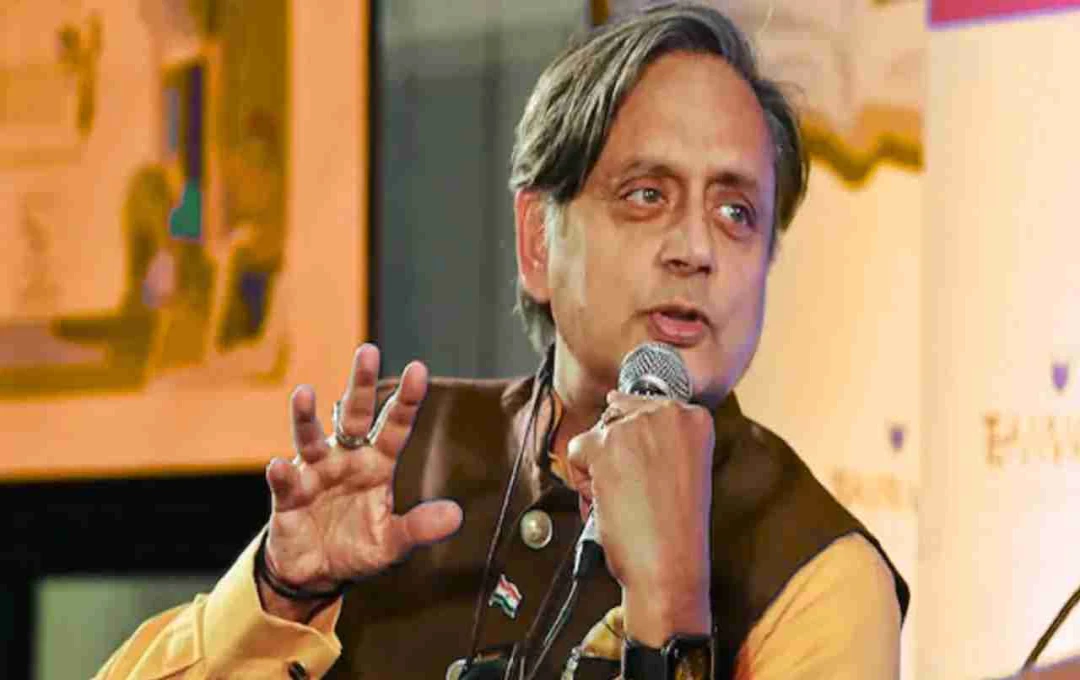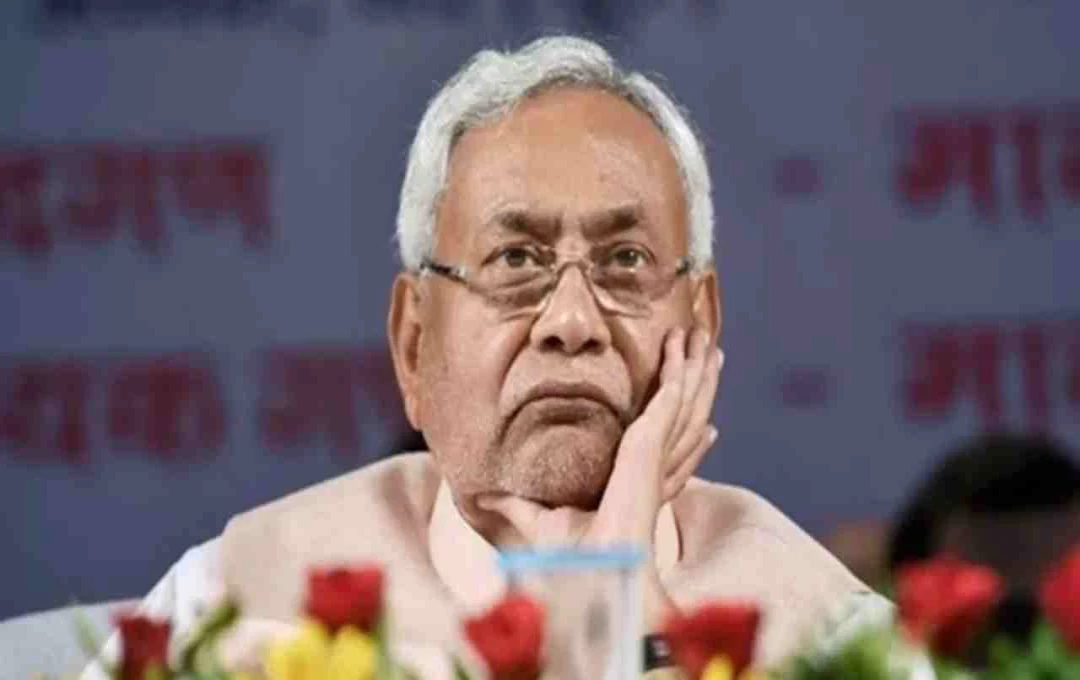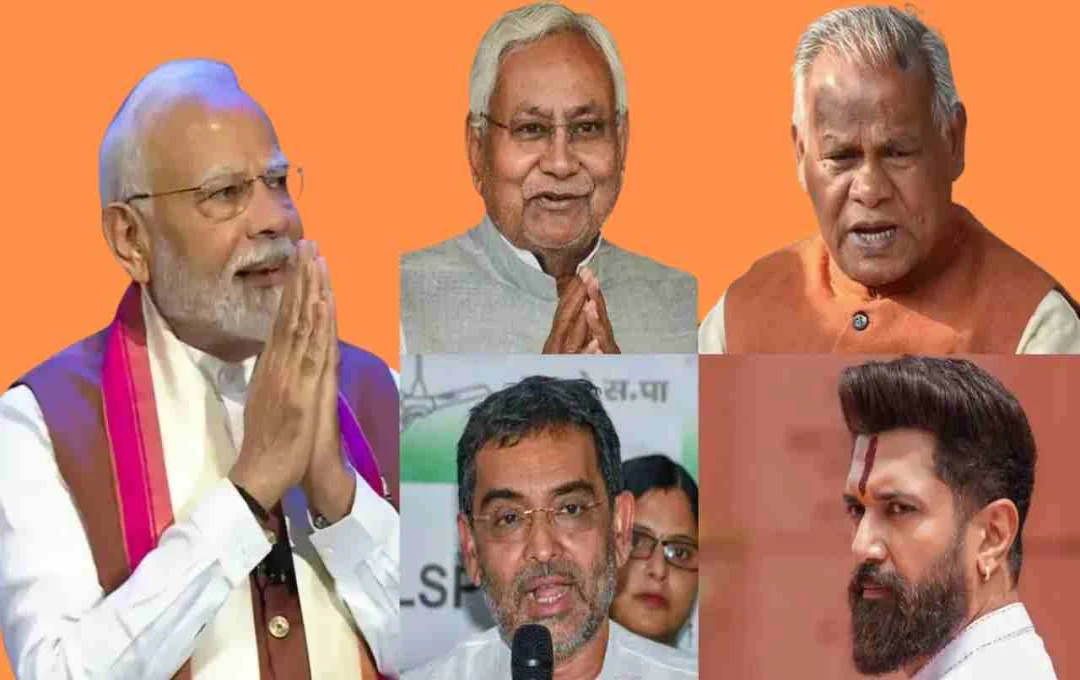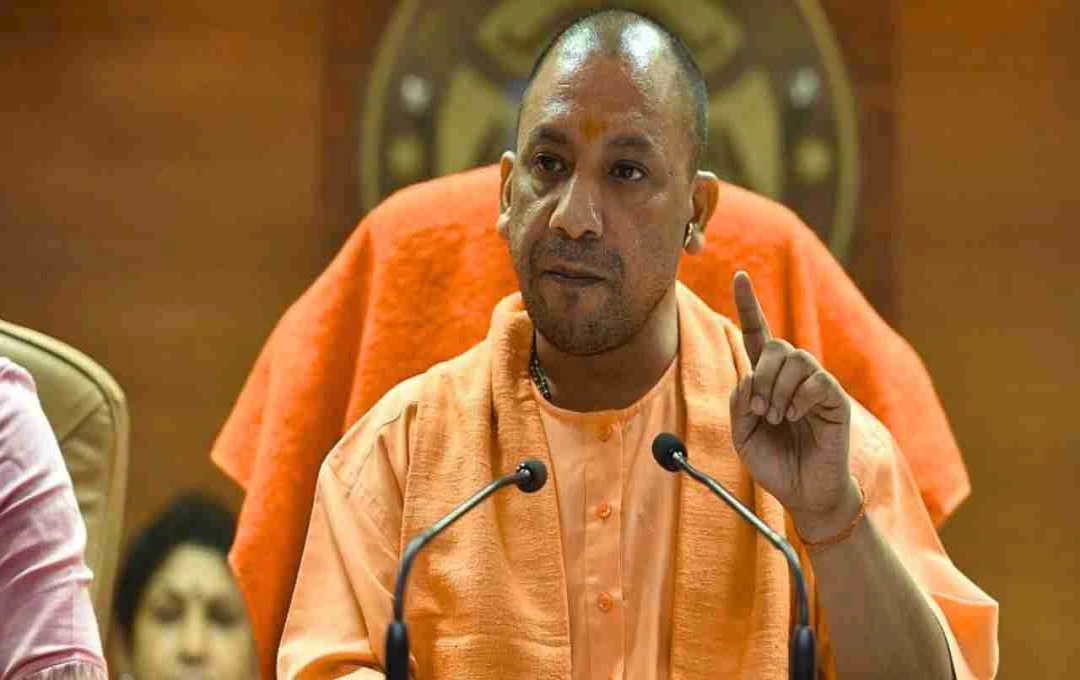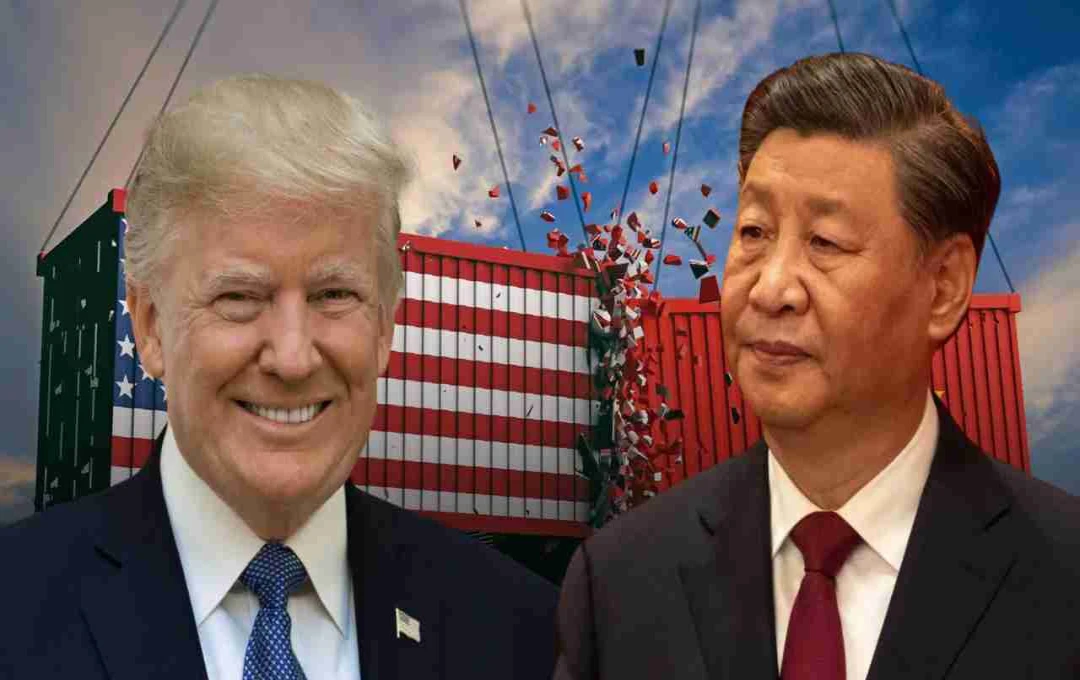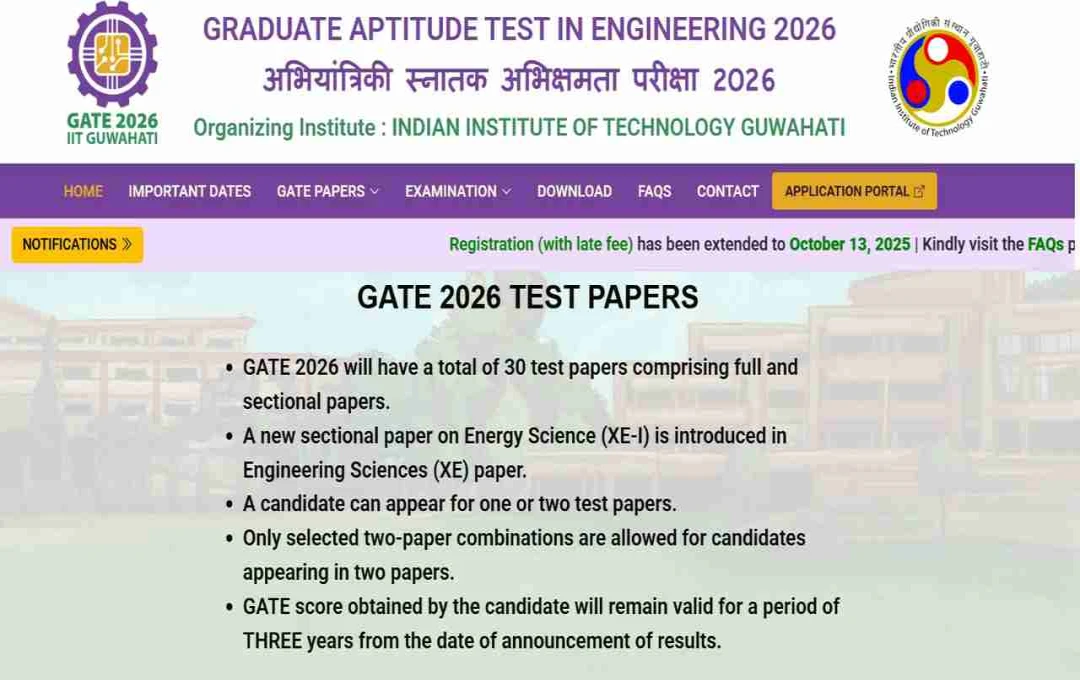Shashi Tharoor described the Emergency as a warning for democracy. He wrote that freedom is taken away gradually. He criticized Indira Gandhi's decisions and Sanjay Gandhi's policies.
Shashi Tharoor: Congress MP Shashi Tharoor has written a detailed article on the Emergency imposed in 1975, in which he criticized the then Prime Minister Indira Gandhi's decision, calling it a major lesson for democracy. He clearly stated that today's India is different from the India of 1975, but the warning of the Emergency is still as relevant today.
How freedom is stolen, the Emergency is an example
Tharoor wrote that the Emergency showed how freedom is gradually taken away. First, small rights are taken away, then gradually the entire democracy comes under threat. All this happens in the name of purposes that may sound right. But by the time people understand, it is too late. That is why supporters of democracy should always be vigilant.
Authoritarianism and an atmosphere of fear
According to Tharoor, Indira Gandhi's authoritarian approach led the country into a period of fear and repression. He wrote that during this period, which lasted from June 1975 to March 1977, civil rights were suspended. Opposition leaders were imprisoned and the voice of the media was suppressed. All this was done in the name of "discipline" at that time.
Sanjay Gandhi and the forced sterilization campaign
Tharoor also mentioned the forced sterilization campaigns during the Emergency. He wrote that under the leadership of Sanjay Gandhi, forced sterilization was carried out in rural and poor areas. Violence and coercion were used to achieve the targets in these campaigns. All this was done in the name of government-controlled discipline, while in reality, it was cruelty.
Demolition of slums and homelessness of people
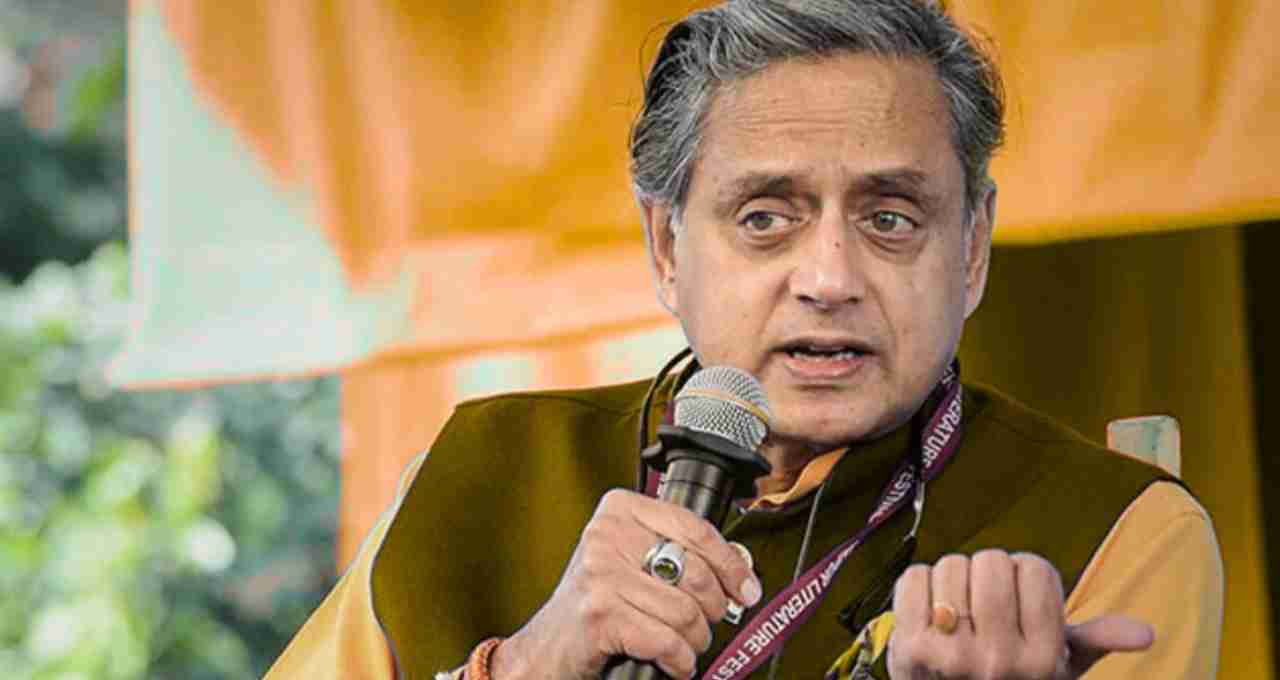
During the Emergency, slums in cities like Delhi were brutally demolished. Thousands of people were made homeless. Tharoor writes that the government did not care about the plight of these people. No concrete steps were taken towards their rehabilitation or welfare.
Weakness of democratic institutions exposed
According to Tharoor, the Emergency made it clear how weak the institutions of democracy can be, even if they appear b from the outside. The government ignored moral responsibility and accountability to the public. The desire to remain in power crushed constitutional values.
Judiciary and media also under pressure
In the article, Tharoor wrote that even the Supreme Court came under government pressure and rights like habeas corpus were suspended. Journalists, activists, and opposition leaders were imprisoned. The judicial process weakened and constitutional values were violated.
Human rights violations and extra-judicial killings
Tharoor also stated in the article that people in custody were tortured and a large number of extra-judicial killings took place. These events brutally crushed those who stood in opposition to the government. All this shows how the government can destroy democracy when it becomes autocratic.
Today's India is more self-confident
Tharoor believes that today's India is very different from the India of 1975. We have become a more prosperous, self-confident, and ber democracy. Yet, the experience of the Emergency teaches us that the tendency to centralize power, suppress criticism, and bypass constitutional structures can re-emerge at any time.
